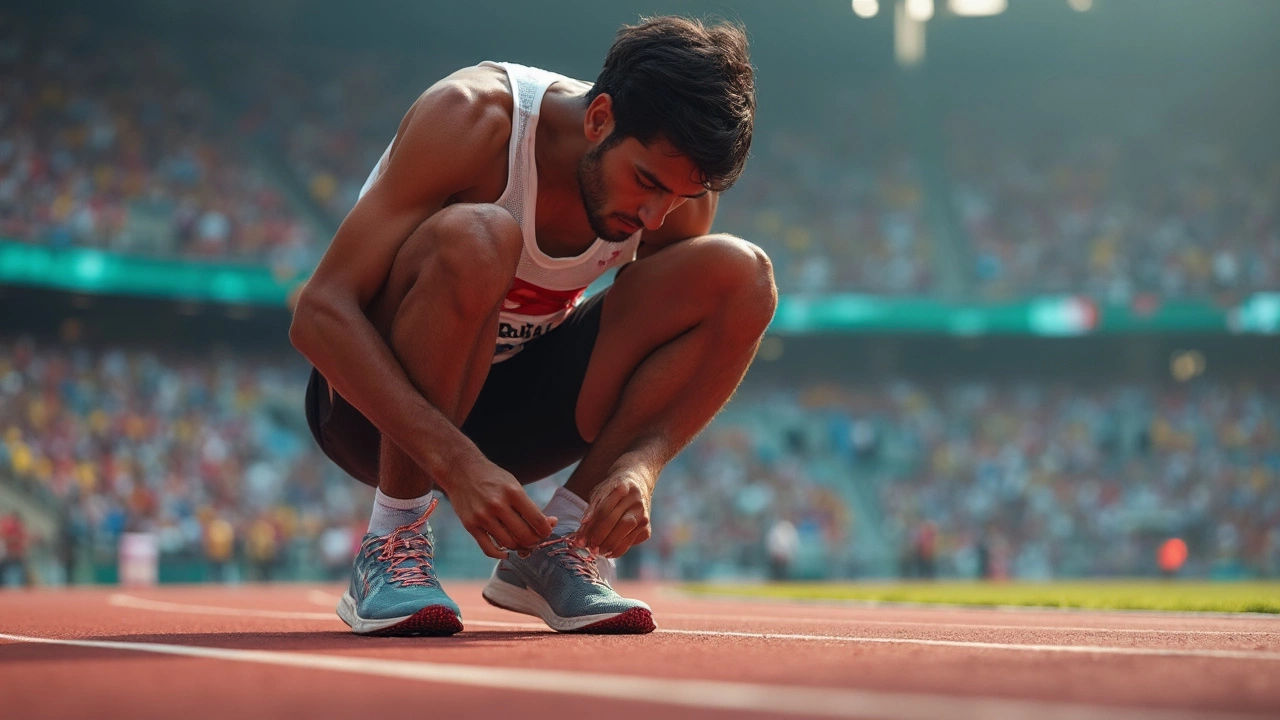Performance Gear: Boost Your Game with the Right Equipment
When you’re training hard, the gear you wear and use can make a huge difference. The right shoes, clothing, or tool won’t magically turn you into a pro, but they can shave off seconds, protect you from injury, and keep you comfortable long enough to push your limits.
Most people think performance gear is all about price tags. In reality, it’s about fit, function, and a few simple science principles that any athlete can apply. Below are the basics you need to know before you spend your hard‑earned cash.
Choosing the Right Gear for Your Sport
Start by listing the three things that matter most for your activity: support, movement, and durability. For runners, support means shoes that match your foot type and stride. A neutral runner benefits from a cushioned shoe, while a pronator needs extra stability. Check the outsole tread – a gritty pattern helps on trails, a smoother plate is best for pavement.
For strength‑focused sports like weightlifting or boxing, movement is about freedom of motion. Look for apparel that moves with you – stretchy fabrics, flat seams, and breathable panels keep you from feeling restricted. In combat sports, gloves with the right padding protect both you and your partner without sacrificing speed.
Durability comes into play for equipment that sees a lot of impact, such as helmets, pads, or even simple machines built into gear. Simple machines like levers (think adjustable dumbbells) or pulleys (found in resistance bands) give you more power with less effort. Choose items with solid joints and high‑quality straps – they’ll hold up longer and keep you safe.
Tips to Get the Most Out of Your Gear
Once you’ve got the right items, treat them right. Clean shoes after each run to prevent odor and breakdown of the midsole. For compression gear, wash in cold water and avoid fabric softeners – they can reduce elasticity.
Maintain any performance‑enhancing accessories. Resistance bands lose tension over time, so replace them when you notice a dip in resistance. Check the tension on any pulley system before each workout; a loose cable can cause a jerky motion and raise injury risk.
Fit matters more than brand. If a shirt feels too tight around the shoulders, it will restrict your arm swing. If a knee brace slides during a squat, it won’t provide the intended support. Always try gear on while mimicking the movements you’ll perform – that’s the fastest way to spot a problem.
Finally, don’t neglect the small details. A good pair of socks can prevent blisters, and a well‑chosen water bottle keeps you hydrated without adding bulk. These tiny upgrades add up, making your overall experience smoother and more enjoyable.
Performance gear isn’t a mystery. Focus on fit, function, and durability, keep your equipment clean, and replace worn parts when needed. Follow these simple steps, and you’ll see the impact on your training, recovery, and results.
